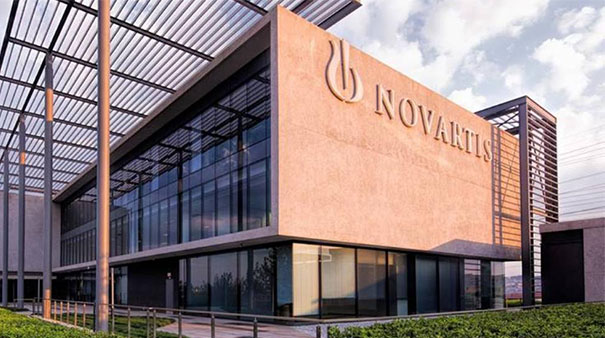Novartis nets potential blockbuster approval with sickle cell pain drug

A new drug to treat painful episodes associated with sickle cell disease from Novartis is poised to hit the US market after approval from the FDA.
The Swiss drug maker said that the drug known as Adakveo (crizanlizumab) has been approved to reduce frequency of vaso-occlusive crises (VOCs), or pain crises, in adults and children aged 16 years and over with sickle cells disease.
Approval came several weeks ahead of an already hastened schedule after the FDA granted a priority review set aside for badly-needed new drugs, in July.
Acquired through Novartis’ $665 million buyout of Selexys in 2016, Adakveo is forecast to become yet another blockbuster for the company at a price of around $85,000 to $113,000 per patient annually.
Adakveo represents the first FDA-approved medicine in sickle cell disease that binds to P-selectin –a cell adhesion protein that plays a central role in the multicellular interactions that can lead to vaso-occlusion.
Novartis said the medicine is expected to be available to patients in the coming weeks.
The FDA’s decision to approve Adakveo 5 mg/kg is based on results of the 52-week, randomised, placebo-controlled SUSTAIN trial, which showed that Adakveo significantly lowered the median annual rate of VOCs to 1.63 vs 2.98 compared to placebo, which is equivalent to a 45% reduction.
Reductions in the frequency of VOCs were observed among patients regardless of sickle cell disease genotype and/or hydroxyurea use.
Additional results from the SUSTAIN study include a decrease in the median annual rate of days hospitalized to 4 vs 6.87 days when compared with placebo (a 42% reduction)
It also showed 36% of patients treated with Adakveo did not experience a VOC, compared to 17% of placebo-treated patients. The median time to first VOC was 4.1 for Adakveo vs 1.4 months for placebo.
The most common adverse reactions were nausea (18%), arthralgia (18%), back pain (15%) and pyrexia (11%).













